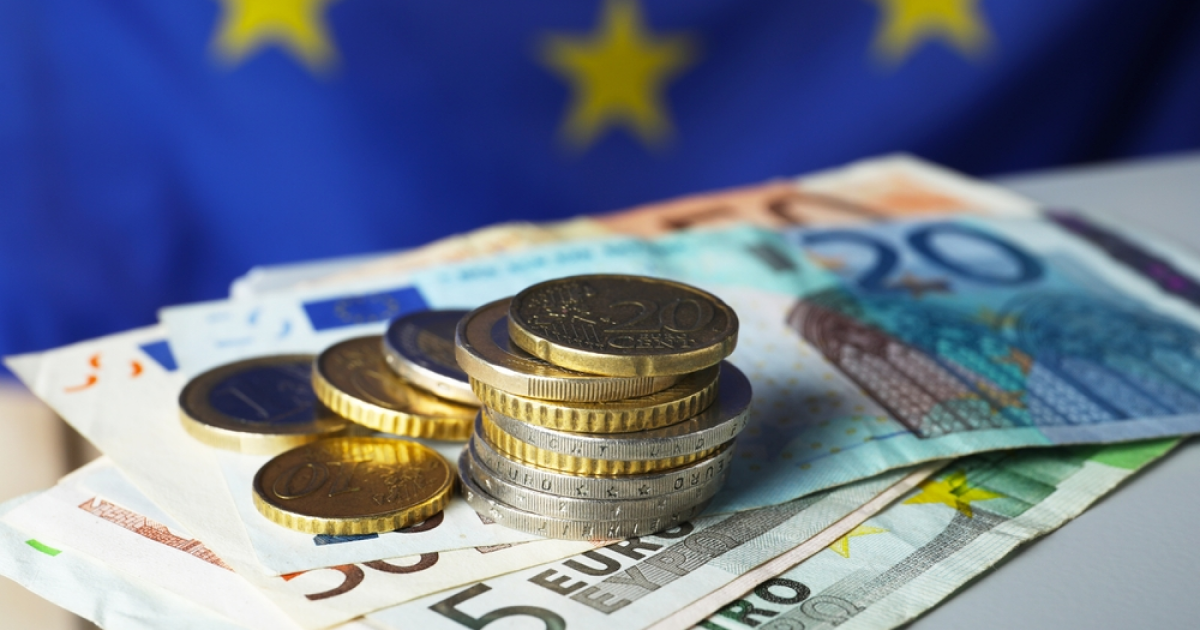
News Global Market 2062 06 June 2025
The regulator also lowered its inflation forecasts for the euro area for the current and next years
On June 5, the European Central Bank (ECB) cut key interest rates by 25 basis points. This is stated in the regulator’s report.
The deposit rate will be 2% starting June 11, the main refinancing rate will be 2.15%, and the margin loan rate will be 2.4%.
The regulator has also lowered its inflation forecasts for the eurozone compared to its March expectations for the current and next years. In 2025, inflation will be 2% y/y, in 2026 – 1.6%. The downgrade mainly reflects lower assumptions about energy prices and the strengthening of the euro.
Core inflation (consumer prices excluding energy and food) is projected by the ECB to average 2.4% in 2025 and 1.9% in 2026 and 2027, which is generally unchanged from March.
The European Central Bank has maintained its estimate of eurozone GDP growth this year at 0.9%. Expectations for next year have been revised to 1.1% (previously 1.2%). In 2027, the eurozone economy is expected to grow by 1.3%.
“The unrevised growth projection for 2025 reflects a stronger than expected first quarter combined with weaker prospects for the remainder of the year. While the uncertainty surrounding trade policies is expected to weigh on business investment and exports, especially in the short term, rising government investment in defence and infrastructure will increasingly support growth over the medium term,” the regulator said in a statement.
According to the ECB staff, further escalation of trade tensions in the coming months could lead to economic growth and inflation being lower than baseline forecasts. On the other hand, if the situation is resolved favorably, growth and, to a lesser extent, inflation could exceed the forecasts.
Most of the core inflation indicators, the regulator notes, indicate that inflation will settle at around 2% of the ECB’s medium-term target on a stable basis. In addition, fears that increased uncertainty and volatile market reactions to trade tensions would lead to tighter financing conditions have diminished.
At a press conference, ECB President Christine Lagarde said that the eurozone seems to be attracting more foreign investment lately, which indicates that investors are increasingly confident in Europe’s economic prospects, Reuters reports. In particular, she said that the economy is responding quite well to the monetary policy that is being implemented. There is also a strong impetus to improve, change, simplify, optimize, encourage and attract capital to Europe.
It is worth reminding that inflation in the euro area in May 2025 increased by 1.9% compared to the same month in 2024. Thus, the indicator slowed the growth rate after +2.2% in April.




